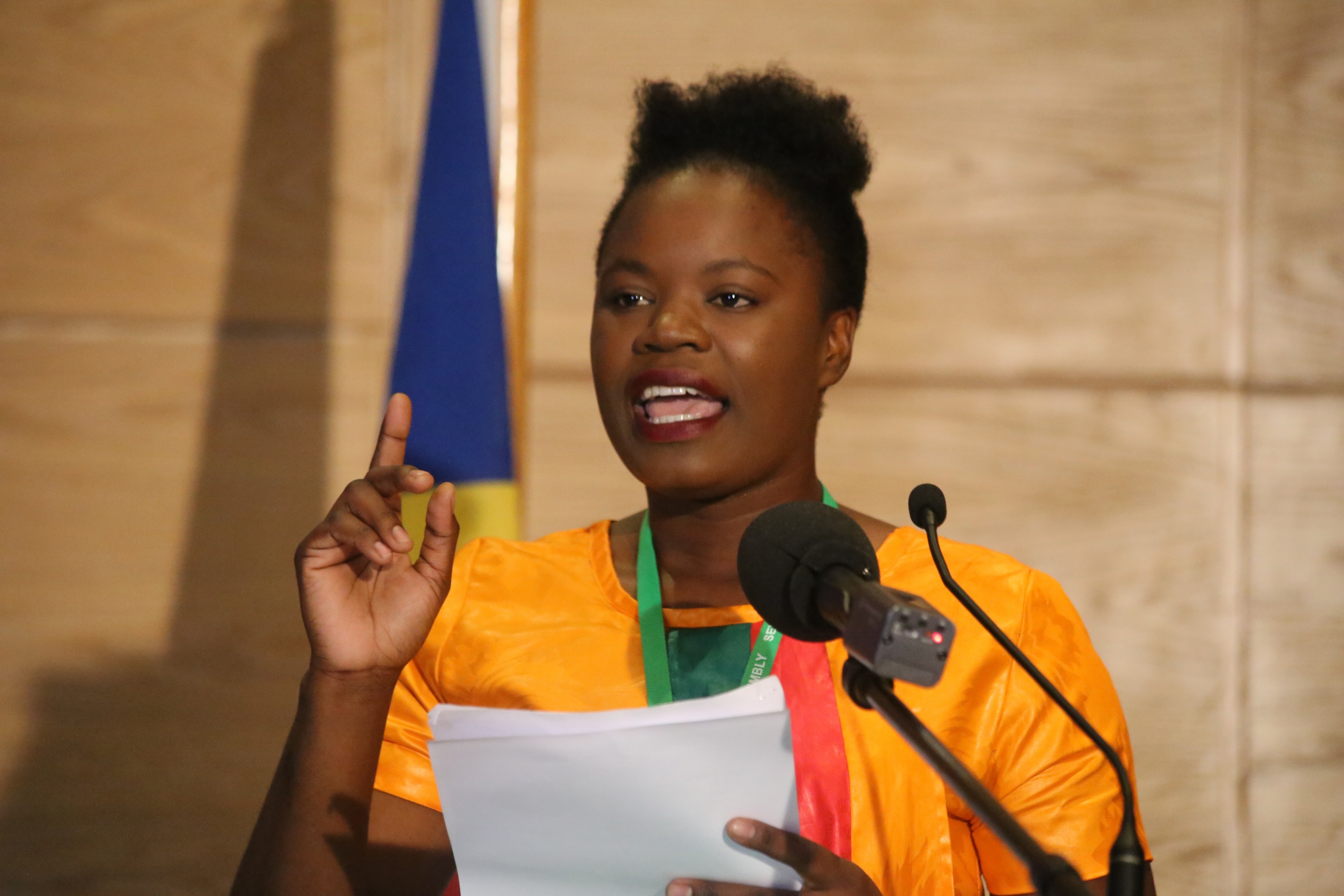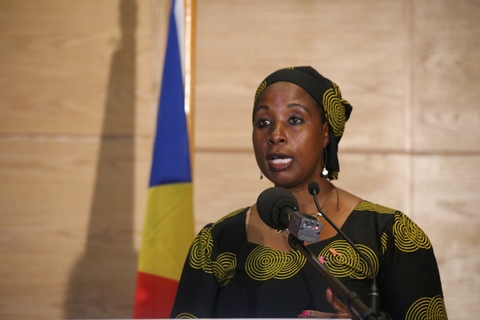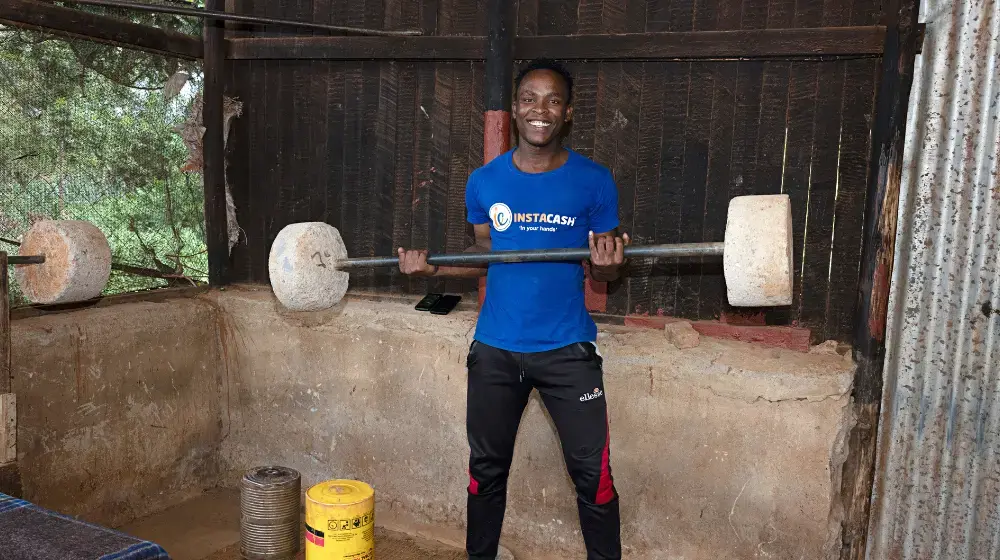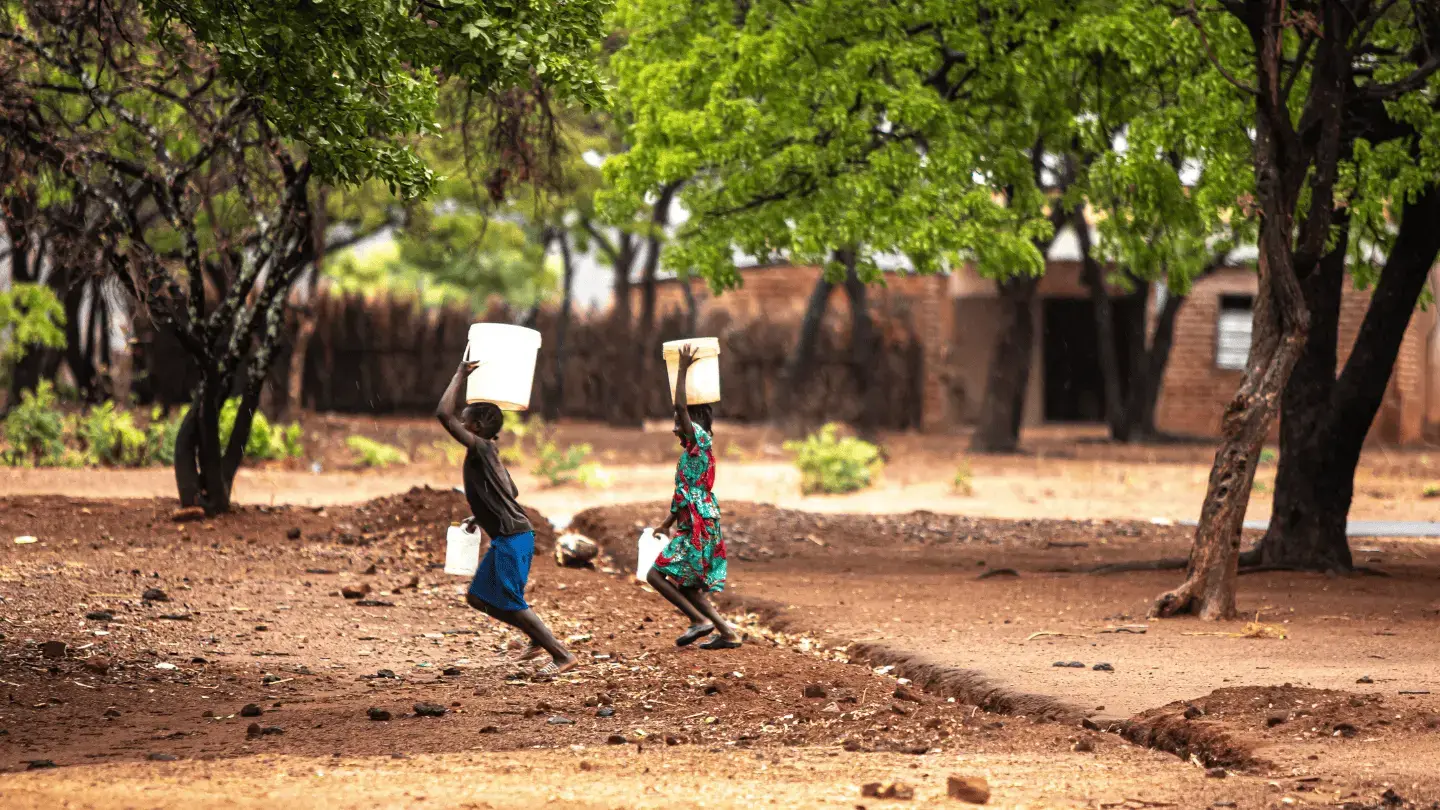MAHE, Seychelles – Women and girls are the pillars of the community – when they are empowered, we all succeed. Yet too many women are unable to exercise their basic human rights due to deep-rooted inequality, discrimination and poverty. However, this reality is slowly changing.
Strong female leaders continue to emerge in African politics, many of whom have taken the road less travelled to secure their seat at decision-making tables.
History was made earlier this month as the first ever Women’s Parliament was held in Mahe, Seychelles, to improve the realities of millions of women and girls who still bear a disproportionately higher burden of the HIV epidemic. This was attended by Members of Parliament from across East and Southern Africa.
The Women’s Parliament was organized with the support of UNFPA, the SADC Parliamentary Forum and the Regional Women’s Parliamentary Caucus with partners AIDS and Rights Alliance for Southern Africa (ARASA), SAfAIDS, UNESCO and UN Women. Female Members of Parliament rallied around Resolution 60/2 on the status of Women, Children and the Girl Child. Resolution 60/2 will help accelerate efforts to end HIV infection among women and girls across southern Africa.
We applaud the commitment from Members of Parliament who work tirelessly to realize womens and girls’ right to sexual and reproductive health.
The women discussed how to improve access to sexual and reproductive health and rights for adolescent girls and young women, addressing gender-based violence and tackling the unique needs of women and girls. Although the event focused on specific challenges facing Southern Africa, countries across Africa attended to share, support and learn from one another.
“Members of Parliament have the power to make a conducive environment that will protect and empower women and girls,” says Renata Tallarico, Safeguard Young People Programme Regional Coordinator with UNFPA East and Southern Africa. “We applaud the commitment from Members of Parliament who work tirelessly to realize womens and girls’ right to sexual and reproductive health.”
From the deliberations that took place at the two-day Women’s Parliament, the Mahe Declaration was formed to take action on Resolution 60/2.
The following African women participated in the event and lead the charge in reducing the vulnerability of women and girls to HIV. They have proven that, despite the obstacles, it is possible to become powerful agents of change.
Buumba Malambo, Councillor of Kafue District, Zambia
She proves that age and gender don’t prevent women from becoming leaders and change-makers

I was told as a young girl to concentrate on finding a husband (and to) speak less as (a woman's) place is in the kitchen... Then I remembered a quote by my powerful mentor, Bella Abzug: ‘A woman’s place is in the house. Yes, the House of Representatives.'
Buumba Magoba, 25, is one of Zambia’s youngest politicians and the first female councillor for Magoba Ward in Kafue District. Having established a charity at the age of 16, Ms. Magoba has committed her life to the welfare of women and children, running HIV and AIDS projects and fighting child marriages in rural areas. She has a Bachelor’s Degree in Social Work and holds 16 international and local awards.
Specioza Naigaga Wandira-Kazibwe, Former Vice President, Uganda
The first woman in Africa to hold the position of vice president of a sovereign nation

None but ourselves can emancipate ourselves and end the scourge of HIV and AIDS among women and girls.
Specioza Naigaga Wandira-Kazibwe is a Ugandan surgeon and politician. She was the first woman in Africa to be elected vice president of a sovereign nation, a position she held from 1994 to 2003. In August 2013, she was appointed by the then-United Nations Secretary-General Ban Ki-moon as United Nations Special Envoy for HIV & AIDS in Africa.
Ms. Wandira-Kazibwe has always been a strong advocate for African women, founding the African Women Committee on Peace and Development (AWCPD) in 1998 in collaboration with the Organization of African Unity and the United Nations Economic Commission for Africa.
Jessie Kabwila, Member of Parliament, Malawi National Assembly
Led the charge in protecting girls and women from child marriage and gender-based violence

Issues of women's sexual and reproductive health and rights will remain a bad dream if (we) don't assist women to get into party politics and ensure that they are empowered to deliver on their mandate.
Jessie Kabwila is a Member of Parliament of the Malawi National Assembly, representing the Salima North West Education and Government Assurances Committees. She is also Chair of the Women’s Caucus, a Member of the SADC Parliamentary Forum and Publicity Secretary for the Malawi Congress Party (MCP). Ms. Kabwila is a lecturer by profession with over 15 years of teaching experience in Malawi, Botswana and Zimbabwe.
As a legislator and chair of the women’s caucus, Ms. Kabwila played a crucial role in the passing of two historic laws on gender, including the Marriage Divorce and Family Relations Act (2015), which lays the foundation for protecting women and girls from child marriage and other forms of violence; and the Trafficking in Persons Act (2015). She has extensive experience in working with disadvantaged communities and women, especially on the matters of land, violence against women, and labour.
By Corrie Butler




